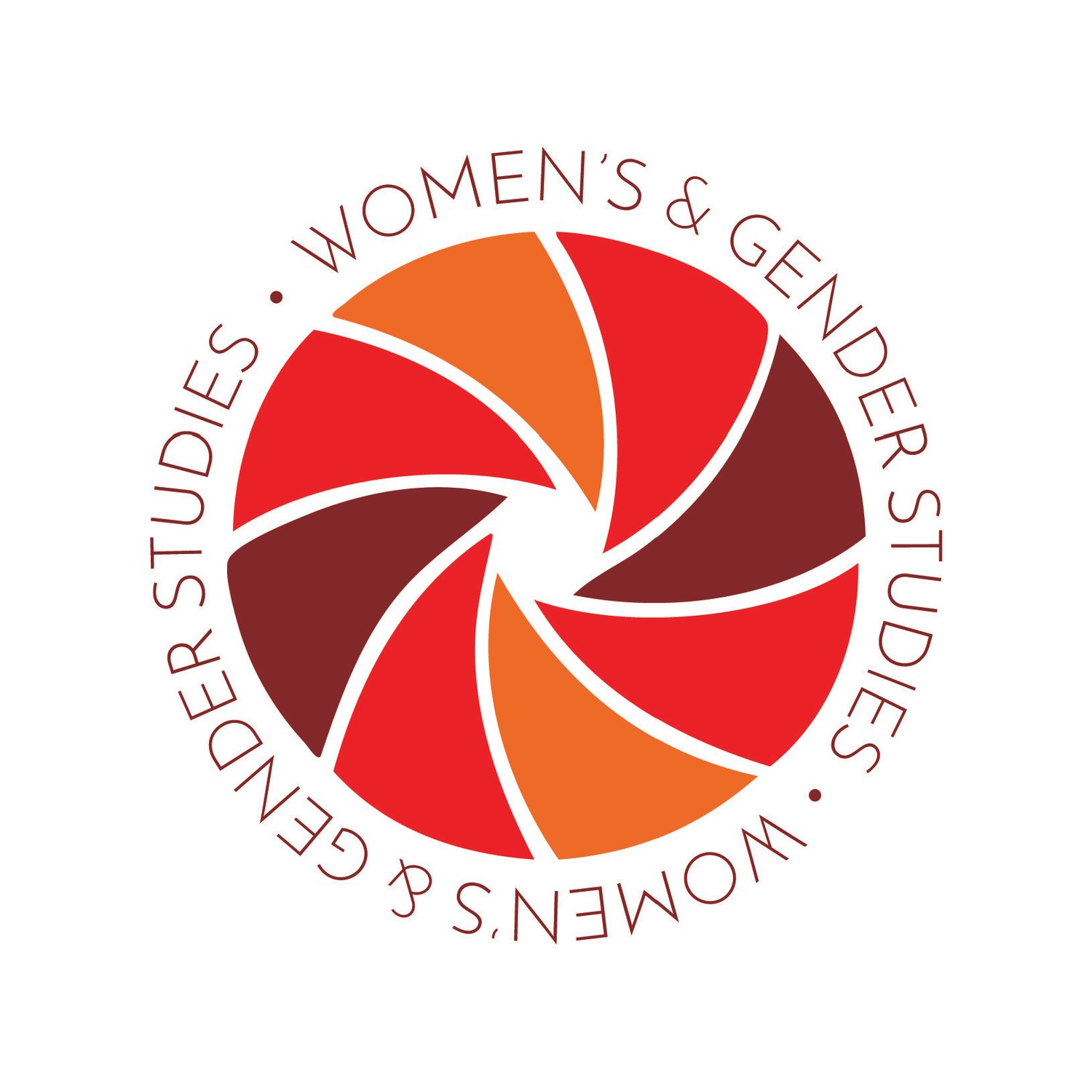Biannual McMillan-Stewart Lecture Series with Jennifer Rose Denetdale: “Building the Perfect Human to Invade: An Indigenous Feminist Queer Analysis of the Pandemic on the Navajo Nation”
Virtual event. RSVP for zoom link: tinyurl.com/denetdale
In March of 2020, international attention turned to the Navajo Nation in the Southwestern U.S. as the novel coronavirus spread through Navajo/Diné communities, making the Navajo Nation a hot spot that surpassed US states like New York and Washington in the numbers of infections and deaths. Public health officials, Indigenous leaders and scholars declared that the root causes of the novel corona virus’ spread in communities where poverty and disparities are rampant, providing the rationale for the spread in Navajo communities. As the Diné storyteller Sunny Dooley asserts: “We have every social ill you can think of, and COVID has made these vulnerabilities more apparent. I look at it as a monster that is feasting on us—because we have built the perfect human for it to invade.” Taking an Indigenous feminist and queer lens, this presentation will offer an analysis on how the U.S. settler state requires the death of Indigenous peoples like the Diné in order to make its claims to sovereignty and second, that the U.S. remains a settler society whose multicultural, liberal and democratic structure and form of governance is always not innocent and that it requires to legitimate Indigenous dispossession over and over. This settler project is thus, always gendered and murderous, criminal.
Jennifer Denetdale (Diné) is a citizen of the Navajo Nation. A historian, she is a professor of American Studies and the director of UNM’s Institute for American Indian Research (IFAIR). She is also the chair of the Navajo Nation Human Rights Commission. She received her Ph.D. in History from Northern Arizona University and is the author of three Navajo histories and numerous articles and essays. She is the first Diné to receive a Ph.D. in History. Her areas of expertise include Critical Indigenous Studies, Indigenous gender & sexuality, Indigenous feminisms and gender, and Diné Studies. She has received numerous awards that recognize her scholarship and community advocacy on behalf of Diné and Indigenous women and Indigenous LGBTQI2S relatives.

